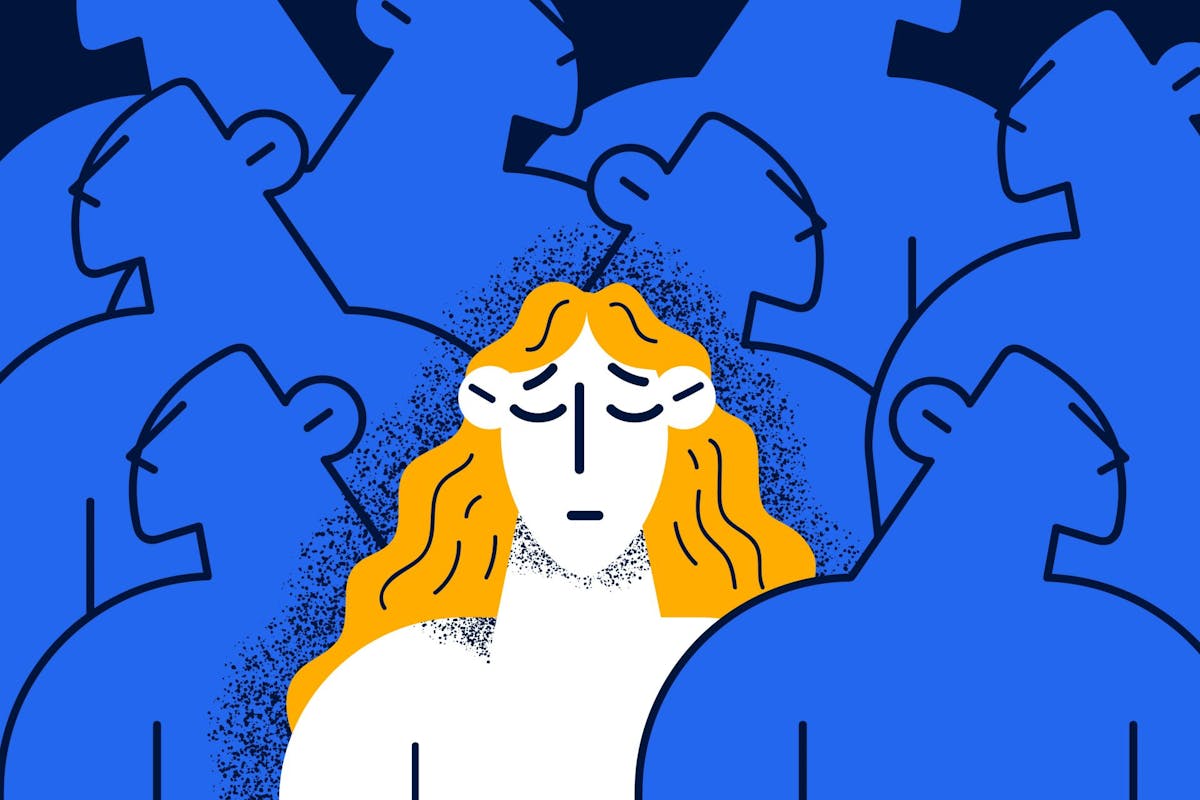Those of us who somehow avoided falling victim to the mental health crisis induced by years of on-off isolation have found ourselves emotionally coasting, a defence mechanism we developed to protect us from becoming overwhelmed that’s resulted in us feeling very little.
In the aftermath of Covid and the mental health crisis it unsurprisingly induced, those of us still scrambling to pick up the pieces and make sense of it all have found ourselves hard-pressed to identify how exactly we’ve been affected.
I say this because, as often as I’ve been reassured by friends, family, and the media that life has indeed returned to ‘normal,’ I haven’t quite been able to accept that this is truly the case.
Not because I’m restricted from leaving the house or feel anxious about catching the virus when socialising (a luxury I am unquestionably grateful for), but because – often subconsciously – I haven’t yet let my guard down.
During years of on-off isolation, apprehension became commonplace. A means of protecting ourselves from both the overwhelming state of the world and the inevitability that whatever we were looking forward to could suddenly disappear without warning.
For this reason, my belief that I had somehow avoided falling victim to the various psychological problems rife among young people post-pandemic is not entirely accurate.
However it wasn’t until recently that I came to this realisation, after reading Harry Styles’ (of all people) interview with Better Homes and Gardens in which he refers to ‘emotional coasting,’ essentially a combination of underlying panic and total detachment.

‘Therapy has allowed [Styles] to “open up rooms in himself” that he didn’t know existed, to feel things more honestly, where before he had tended to “emotionally coast”,’ it reads.
‘He said, “I think that accepting living, being happy, hurting in the extremes, that is the most alive you can be. Losing it crying, losing it laughing – there’s no way, I don’t think, to feel more alive than that.’
Now, if you’ve never come across the term before, I’d like to preface by asserting that emotional coasting is a defence mechanism we’ve been adopting since before reports of an outbreak even began to flood our news feeds.
Though there’s no way to tell just how long us highly-sensitive people have been developing this sort of numbness, what I can say for certain is that the pandemic did nothing to bring us out of our apathetic haze.
If anything, it pushed us further down, exacerbating our overstimulation until we had no choice but to start deliberately ignoring the things we don’t feel capable of dealing with.
Paired with the compassion fatigue we’re experiencing towards the appalling events taking place across the globe every day and the seemingly never-ending influx of personal stresses or pressures to add to our lists such as the rising cost-of-living, more and more of us are choosing to tap out.



















